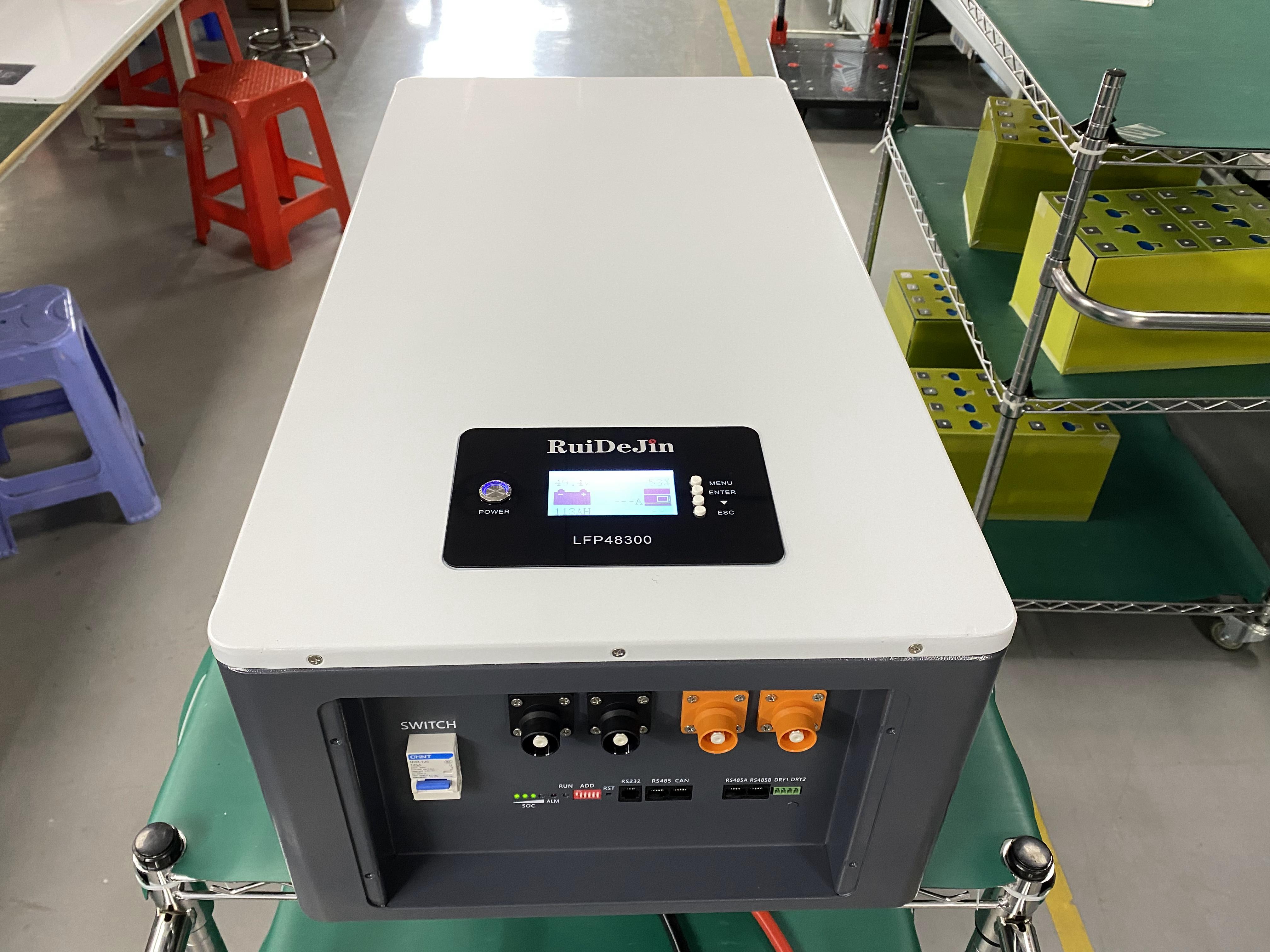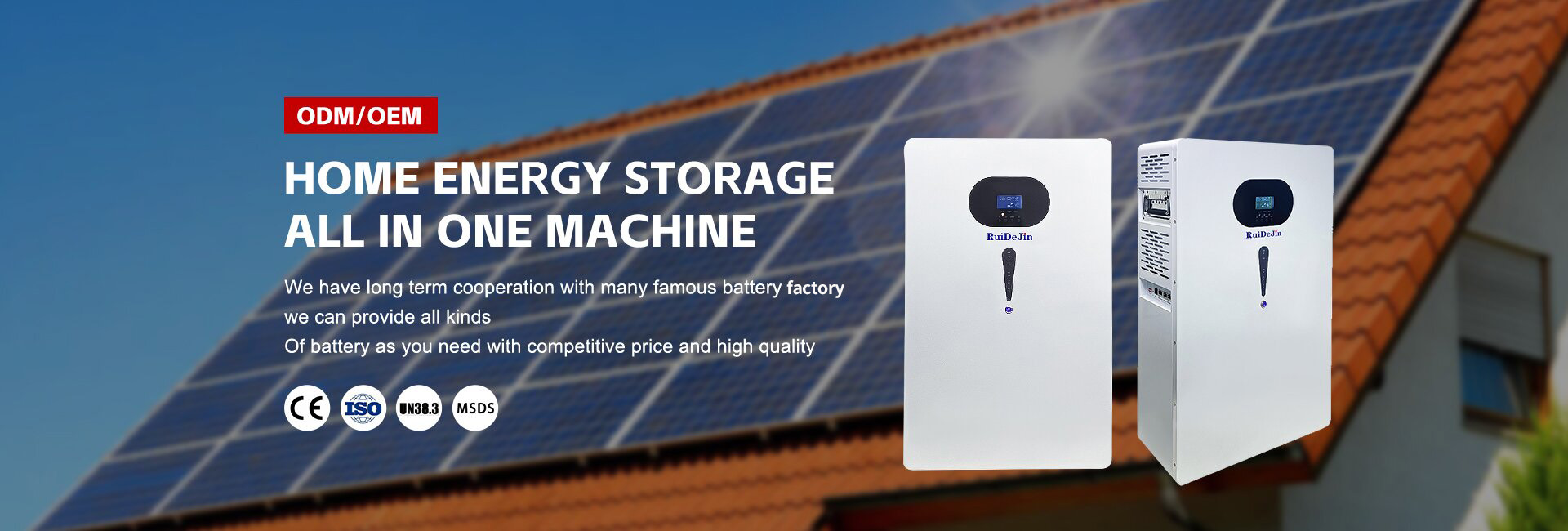According to incomplete statistics from Battery Network at the beginning of this year, in 2023, excluding events of transaction termination, there were 59 cases related to mergers and acquisitions in the battery new energy industry, covering multiple fields such as mineral resources, battery materials, equipment, batteries, new energy vehicles, energy storage, and battery recycling.
In 2024, although new cross-border players continue to enter the field of battery new energy, the number of cases of failed cross-border layout and dismal departure is also increasing.
According to battery network analysis, within less than three months, multiple companies have encountered obstacles in cross-border battery new energy within the year:
Financial fraud for consecutive years* ST Xinhai is forced to delist
On March 18th, * ST Xinhai (002089) received a decision from the Shenzhen Stock Exchange regarding the delisting of shares of Xinhaiyi Technology Group Co., Ltd. The Shenzhen Stock Exchange decided to terminate the company’s stock listing.
Battery Network noticed that on February 5th, the China Securities Regulatory Commission issued an administrative penalty decision, determining that * ST Xinhai’s annual reports from 2014 to 2019 contained false records, touching on the major illegal and compulsory delisting situations stipulated in the Shenzhen Stock Exchange’s Listing Rules.
It is reported that the starting date for the delisting and consolidation period of * ST Xinhai stock is March 26, 2024, and the delisting and consolidation period is fifteen trading days. The expected final trading date is April 17, 2024.
According to the data, * ST Xinhai began to enter the new energy industry chain in 2016 and has completed relevant reserves in energy storage products. The company has completed the platform construction for lithium battery pack production and currently has 4 production lines. At the same time, the company also invested in Jiangxi Dibike Co., Ltd., a lithium battery company.
Termination of 2 billion sodium battery project, Kexiang Shares receives regulatory letter from Shenzhen Stock Exchange
On February 20th, Kexiang Shares (300903) announced that the company did not receive a regulatory letter from the Shenzhen Stock Exchange due to delayed disclosure of the progress of major investment projects.
Specifically, in March 2023, Kexiang Co., Ltd. signed an Investment Intention Contract with the People’s Government of Xinfeng County, Ganzhou City, Jiangxi Province, to invest in the construction of a new energy industrial park for sodium ion batteries and materials. The project mainly focuses on the research and development, production, and sales of sodium ion batteries and materials, with a total investment of 2 billion yuan. In September 2023, due to other investment projects, the project originally planned to be constructed in Xinfeng County will no longer continue, but Kexiang Group did not timely announce the progress of the project.
On March 19th, Kexiang Co., Ltd. announced again that, taking into account factors such as the company’s strategic development, the company has decided to terminate the investment intention contract signed with the People’s Government of Xinfeng County, Ganzhou City, Jiangxi Province. After friendly negotiations with the People’s Government of Xinfeng County, a termination agreement was recently signed between the People’s Government of Xinfeng County and Guangdong Kexiang Electronic Technology Co., Ltd. regarding the investment intention contract for the new 6GWh sodium ion new energy battery project.
Kexiang Co., Ltd. stated that after signing the investment intention contract with the People’s Government of Xinfeng County, the two parties did not reach a formal investment agreement, and the company did not have any corresponding financial expenditures. Therefore, terminating the investment intention contract will not have any adverse impact on the company’s operating performance and financial condition.
“Paper for battery” cross-border rumor: Meili Cloud plans to terminate purchases of Tianjin Juyuan and Suzhou Lishen
On the evening of February 4th, Meiliyun (000815) announced that the company plans to terminate major asset swaps, issue shares to purchase assets, and raise supporting funds and related party transactions. The company originally planned to purchase 100% equity of Tianjin Juyuan New Energy Technology Co., Ltd. and 100% equity of Lishen Battery (Suzhou) Co., Ltd. held by Tianjin Lishen Battery Co., Ltd. through major asset replacement and issuance of shares to purchase assets, and also planned to raise supporting funds.
Regarding the reasons for terminating this major asset restructuring, Meili Cloud stated that since its inception, the company and relevant parties have actively promoted various aspects of this major asset restructuring and strictly fulfilled their information disclosure obligations in accordance with relevant regulations. Taking into account recent changes in the market environment and other factors, all parties involved in the transaction believe that there is significant uncertainty in continuing to advance this major asset restructuring at this stage. In order to effectively safeguard the interests of the company and all shareholders, after careful consideration, the company and all parties involved in the transaction plan to negotiate the termination of this major asset restructuring.
According to previous news, before the restructuring of Meili Cloud, it mainly engaged in papermaking, data center, and photovoltaic businesses. Through this restructuring, the listed company plans to establish Xinghe Technology as the main body of the papermaking business and two consumer battery target companies – Tianjin Juyuan and Suzhou Lishen. Due to the counterparty being a company controlled by China Chengtong, the actual controller of Meili Cloud. After the transaction is completed, the actual controller of the listed company remains China Chengtong.
Official announcement of the termination of overseas lithium mine mergers and acquisitions by this listed company within less than a month
On January 20th, less than a month after the official announcement, Huati Technology (603679) announced the termination of its overseas lithium mine acquisition matter!
According to the announcement released by Huati Technology in December 2023, the company plans to subscribe to Mozambique KYUSHURESOURCES, SA (a company registered under the laws of the Republic of Mozambique, referred to as “Kyushu Resources Company”) with an additional registered capital of 570000MT (Mozambique Meticar, Mozambique’s legal tender) through its controlling subsidiary Huati International Energy for $3 million. After the capital increase is completed, Kyushu Resources Company’s registered capital will be changed to 670000MT, with Huati International Energy holding 85% of the shares. Kyushu Resources Company is a wholly-owned foreign-owned company registered in Mozambique, responsible for operating lithium related projects within Mozambique, and owns 100% equity in the 11682 lithium mine in Mozambique.
Huati Technology stated that after specific negotiations between the company and Kyushu Resources Company on the important terms of the lithium mine project development plan, and in the absence of consensus on the important terms, the company fully evaluated the potential risks of this transaction and conducted careful and thorough argumentation. Based on the assessment of the current international environment, the continuous decline in lithium ore prices and the uncertain low operating time may have a significant impact on mining development. The company and the counterparty have finally reached an agreement to terminate this equity subscription transaction.
According to the data, Huati Technology is a system solution provider mainly engaged in smart city new scenes and cultural lighting. In March 2023, Huati Technology invested in the establishment of Huati Green Energy, actively expanding its business related to new energy batteries, focusing on exploring the high growth market of lithium battery applications, and gradually developing its battery cascading utilization business. In July of the same year, the company established Huati Lithium Energy, mainly engaged in the sales of lithium ores; In September, Huati Technology and Huati Lithium jointly established Huati International Energy (Hainan) Co., Ltd., mainly engaged in the import and export of goods, sales of metal ores, and other businesses.
Black Sesame: Energy Storage Battery Project or Reduce Investment Scale
On January 4, when Black Sesame (000716) replied to investors about the energy storage plant construction project, the purchase price of energy storage battery production equipment and raw materials fluctuated significantly in the second half of 2023, and the market situation changed significantly. The company optimized the plant planning according to the changes in the external situation and demonstrated the relevant plans after adjustment to reduce the investment scale and ensure the progressiveness of production technology. The first phase of the project is expected to be completed this year.
It is reported that Black Sesame will invest 500 million yuan in cross-border energy storage for Tianchen New Energy by the end of 2022. On April 1, 2023, Black Sesame announced the termination of its investment increase of 500 million yuan in Tianchen New Energy. At the same time, it plans to transform the business of its wholly-owned subsidiary, Jiangxi Xiaohei Xiaomi, into the production and operation of energy storage lithium batteries, and invest 3.5 billion yuan to build an energy storage production base with an annual output of 8.9 GWh.
In addition, according to statistics, in 2023, the cross-border fashion of “Women’s Fashion King” will be terminated, and there will be cases of obstacles in the layout of cross-border battery and new energy fields, such as the old ceramic listed company Songfa Group, steel and coal trading company * ST Yuancheng, mobile game company Kunlun Wanwei, organic pigment manufacturing company Lily Flower, old real estate development company * ST Songdu, old pharmaceutical company * ST Bikang, real estate company Guancheng Datong, old lead-acid battery company Wanli Co., Ltd., and photovoltaic power station company Jiawei New Energy.
In addition to the companies mentioned in the official announcement, there are also cross-border companies that have replied when asked about the status of battery new energy related projects: “The relevant technology is still in the research and development stage,” “There is currently no specific production time,” “The conditions for the relevant products to be launched and sold are not yet met.” More importantly, after the official announcement of cross-border, the promotion of related battery new energy business has been silent, and there has been no news of talent recruitment, quietly slowing down or even stopping the pace of cross-border development.
It can be seen that “significant changes in the market situation” are one of the main external reasons for cross-border obstacles. Since 2023, high expectations in the power and energy storage battery industry have caused investment overheating, highlighted structural overcapacity, and intensified industry competition.
Wu Hui, General Manager of the Research Department of Ivy Economic Research Institute and President of China Battery Industry Research Institute, recently predicted during a communication with Battery Network, “In terms of destocking, I think there may still be significant destocking pressure throughout this year, and even next year, because the inventory of the entire industry has not been significantly improved in 2023.”
Zhi Lipeng, Chairman of Qingdao Lanketu Membrane Materials Co., Ltd., previously suggested that “if cross-border enterprises lack technological innovation, the cost of membranes will be high, and they will definitely not be able to compete with the existing leading enterprises in the industry. They have done well in terms of technical strength, financing ability, cost control, economies of scale, etc. If they are preparing to produce homogeneous products and lack competitiveness, they should not enter the membrane industry.”.
Post time: Mar-28-2024


